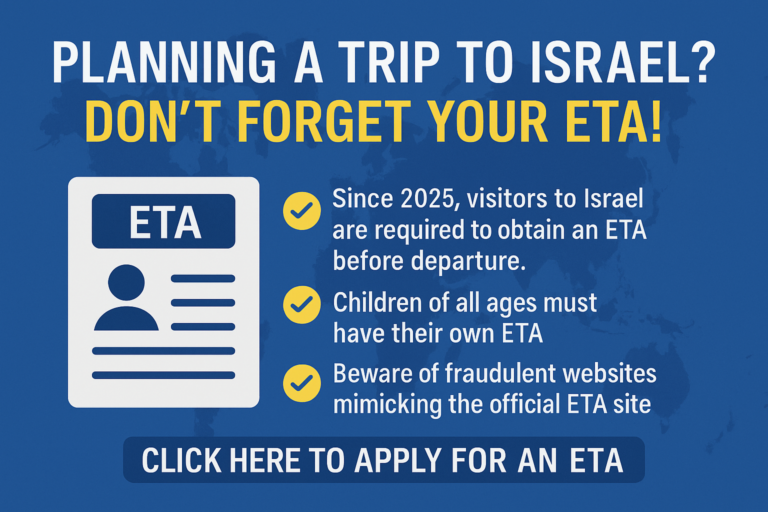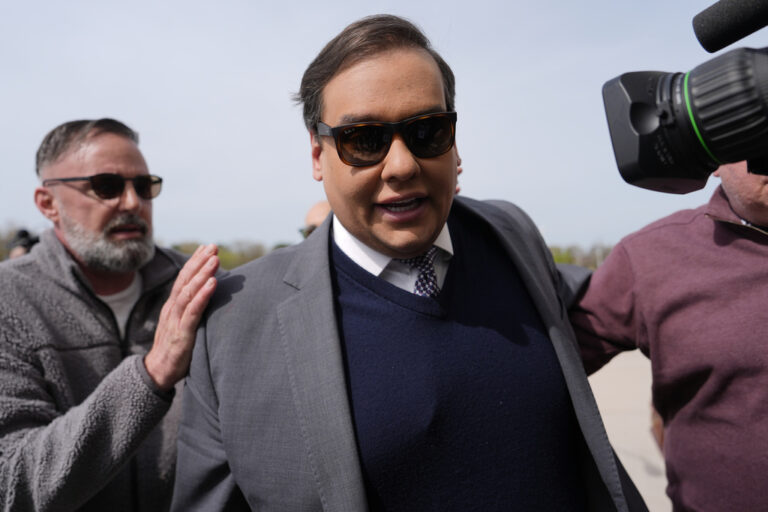Aiming to show tough action against Iran, the White House is preparing a series of measures targeting its affiliates in the country and beyond, even as President Donald Trump quietly steps back from his campaign pledge to rip up the nuclear deal.
New actions to be announced in the coming days will focus on two entities: Iran’s Revolutionary Guard and Hezbollah, the Shiite militant group blamed for sowing discord in the Middle East and seeking Israel’s demise. The actions include financial sanctions on anyone who does business with the Revolutionary Guard, as well as millions of dollars in rewards for information leading to the arrest of two operatives of the Iranian-backed Hezbollah.
The measures were described by two administration officials and a person familiar with the unfolding policy on Iran. The administration officials spoke on condition of anonymity in order to discuss the actions before they are officially announced. The third person was not authorized to speak about private conversations.
The moves allow Trump to show he is not easing the pressure against the Islamic Republic, even though the nuclear deal he has long derided may live on — at least for the immediate future.
An avowed critic of the 2015 nuclear agreement between Iran and world powers, Trump has called it one of America’s “worst and most one-sided transactions” ever. Yet White House press secretary Sarah Sanders said Friday that Trump is looking beyond the deal for ways to pressure Tehran.
“The president isn’t looking at one piece of this,” Sanders said. “He’s looking at all of the bad behavior of Iran — not just the nuclear deal as bad behavior, but the ballistic missile testing, destabilizing of the region, number one state sponsor of terrorism, cyberattacks, illicit nuclear program.”
Since taking office, the Trump administration has spoken about an all-of-the-above approach to countering Iran’s troublesome activities in the region, which extend beyond nuclear development to ballistic missile testing, human rights violations and support for extremist groups. But the administration has had to wait to put that approach into place until it finished a lengthy Iran policy review whose completion has been repeatedly delayed.
The person familiar with Iran policy said H.R. McMaster, the president’s national security adviser, has been the key driver in developing the integrated strategy with the Defense, State and Treasury departments and intelligence agencies.
Trump is set to deliver a policy speech on Iran next week in which he is expected to decline to certify Iran’s compliance in the landmark 2015 agreement that the U.S. and its partners signed with Tehran to rein in its nuclear program.
That would stop short of pulling out of the deal. Lawmakers say Trump isn’t going to immediately announce new nuclear sanctions, which are prohibited by the deal, and instead will refer the matter to Congress.
Sen. Tim Kaine, D-Va., tweeted Friday that the White House has told senators the president will “decertify (the) Iran deal but asks Congress NOT to re-impose sanctions.”
Under the new policy, the White House is focusing on the Revolutionary Guard and Hezbollah — two Iran-backed entities that have long elicited scorn from much of the West.
The State Department next week will announce a total of $12 million in rewards for information leading to the location, arrest or conviction of two leaders of Hezbollah.
The U.S. will offer up to $7 million for information on Talal Hamiyah, who leads Hezbollah’s international terrorism branch and is suspected of carrying out hijackings, attacks and kidnappings of U.S. citizens. Another $5 million is being offered for information on Fuad Shukr, a member of Hezbollah who runs the group’s military forces in southern Lebanon, where the group is based.
The Iranian Revolutionary Guard Corps, or IRGC, will also feel the squeeze. Legislation signed in August gave Trump an Oct. 31 deadline to either impose sanctions on the IRGC or issue a waiver. He is not expected to sign the waiver, meaning the sanctions will kick in automatically.
The new White House policy will also include a political strategy to curb Iranian aggression, possible covert or cyber operations and diplomatic efforts to change parts of the nuclear deal with Iran.
(AP)











